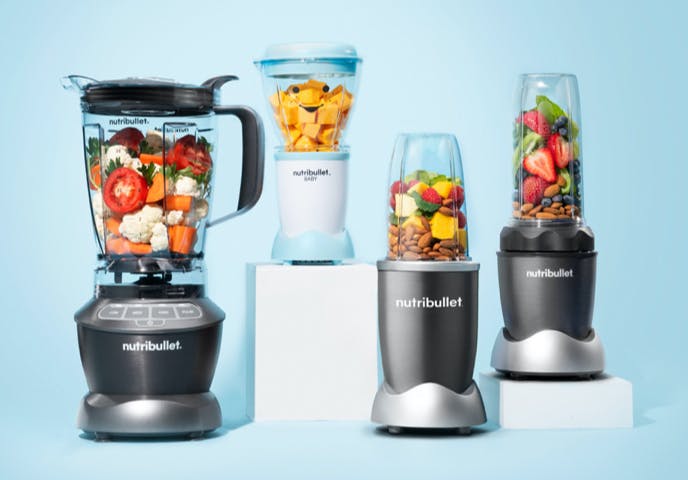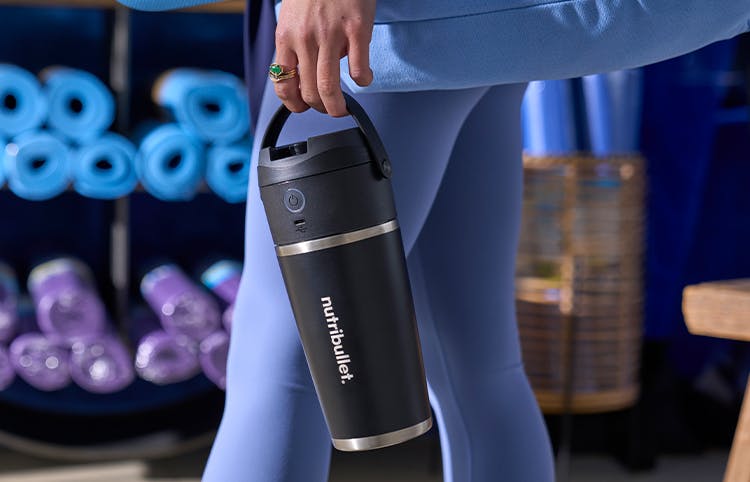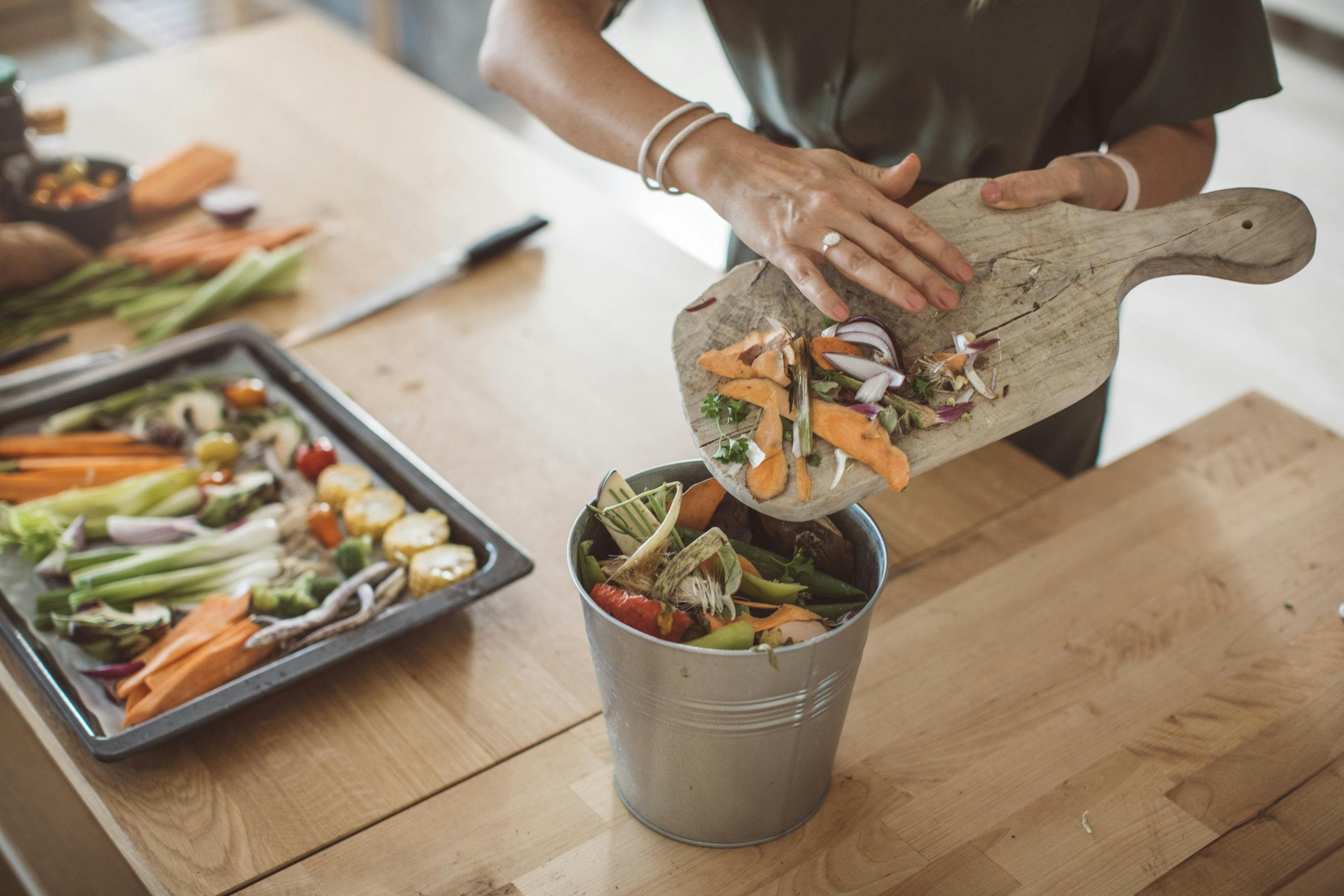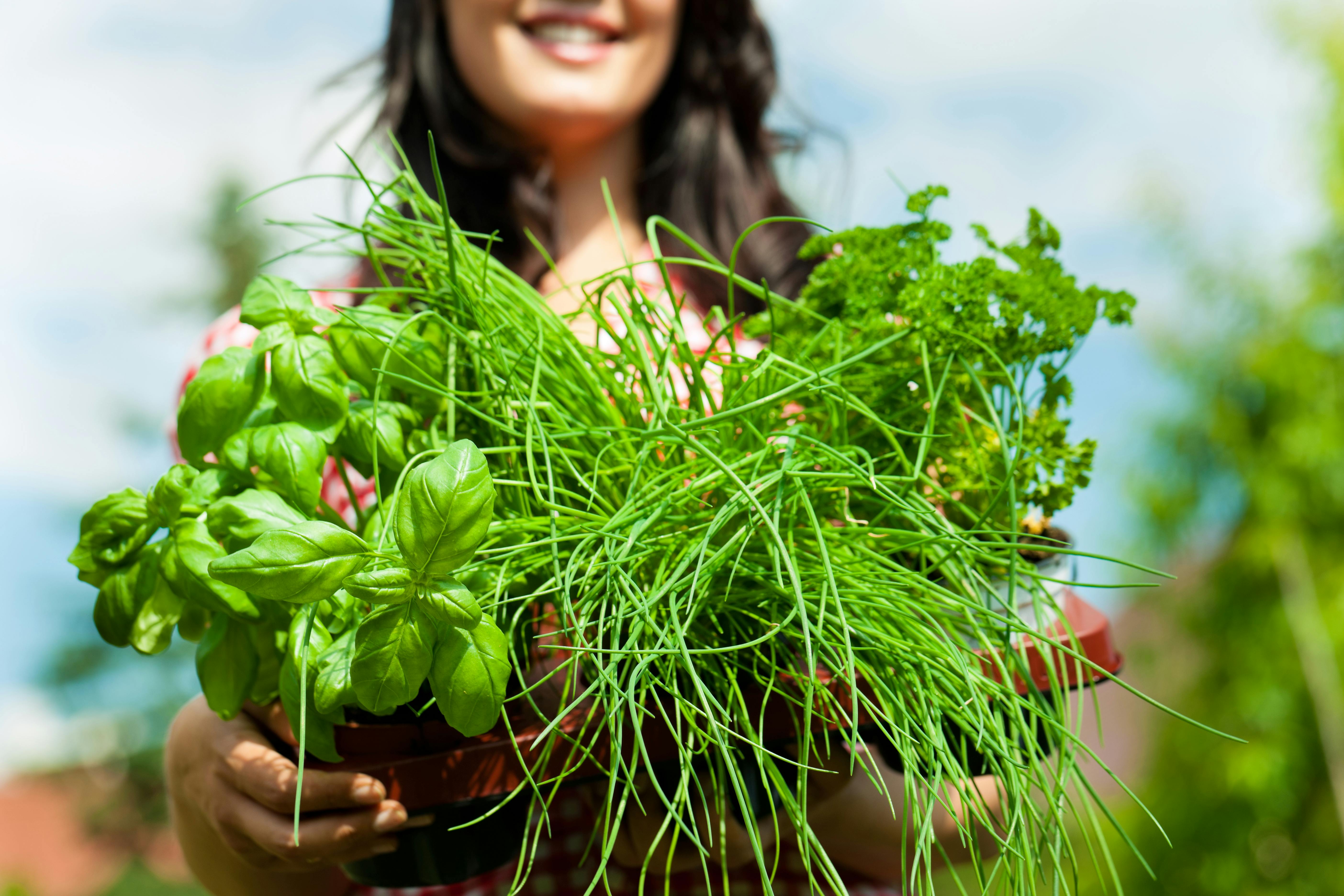A sustainable diet is two-fold: it’s a way of eating that focuses on habits you can maintain long-term (say goodbye to “yo-yo” dieting please!), and it’s also a way of eating that’s environmentally-friendly to help protect biodiversity and optimize natural human resources. As we continue to put the pieces of the sustainability puzzle together more, we’re finding a stronger correlation between eating for your health and being kind to Mother Earth.
The recently released 2019 report from the EAT-Lancet Commission on healthy diets from sustainable food system highlights the global impact diet has on our use of environmental resources. While the link between dietary patterns and its impact on the planet is nothing new, it’s starting to really make waves.
The report’s lead investigator, Professor Walter Willet, MD, from Harvard Medical School suggests that for improved environmental and health benefits, “transformation to healthy diets by 2050 will require substantial dietary shifts.” This “shift” is one from a traditional Westernized way of eating that essentially overdoes it on highly processed foods, animal-based products, and sugar-laden sweets to an eating pattern with more emphasis on whole, unprocessed fruits, veggies, nuts, and legumes, as well as whole grains.
4 Tips on Transitioning to a Sustainable Diet
- Eat minimally processed foods. “The eco-footprint of food is huge, from farm to fork. Every time foods are transported to manufacturers, turned into products, and distributed, it increases the footprint,” advises Sharon Palmer, RDN, MS in Sustainable Food Systems. Pay a visit to your local farmers market and stock up on the bounty of seasonal, fresh fruits and veggies that await you.
- Go for grass-fed. When you do buy meat and dairy products, opt for products that come from pasture-raised, grass-fed animals. Regenerative agriculture is a way of farming that enriches soils and enhances ecosystems – ultimately improving the lives of farmers and communities. A key player of what makes regenerative agriculture successful is the animals. The land provides food for herbivores that, in turn, fertilize the soil, making for a truly symbiotic relationship.
- Power up with pulses like beans, peas, lentils. “Pulses have the unique ability to fix nitrogen from the air into the soil, acting as a natural fertilizer, which is much more sustainable than adding fertilizers to crops that are too concentrated for the soil and runoff, polluting waterways and causing dead zones,” says Palmer. Snack on hummus, add beans to your favorite tacos, soups, or casseroles, or even blend beans as the protein component in your smoothies.
- Grow something. Not only will you gain a greater appreciation for what it takes to grow and nurture food (thank you, farmers!), no miles will be spent to get to your end result. Start with a small pot of herbs on your kitchen countertop, tomato plant on your patio, or even a lemon tree in your backyard.
3 Earth-Friendly Recipes that Exemplify Sustainable Eating
- Green Smoothie Bowl: Show Mother Earth and your body some love with this Green Smoothie Bowl! Top the nutrient-rich green smoothie base with nuts, seeds, granola, or fresh fruit of your choice.
- Thick and Rich Vegan Black Bean Dip: Chock full of protein and belly-filling fiber, this nutrient-rich dip is great with veggies or used atop salads or macro bowls. Enjoy!
- Banana Chocolate Nice Cream: Simple and sweet! Whip up this 100 percent plant-based “nice cream” recipe next time your sweet tooth strikes!
Cheers, to a healthier you and a healthier planet!



















